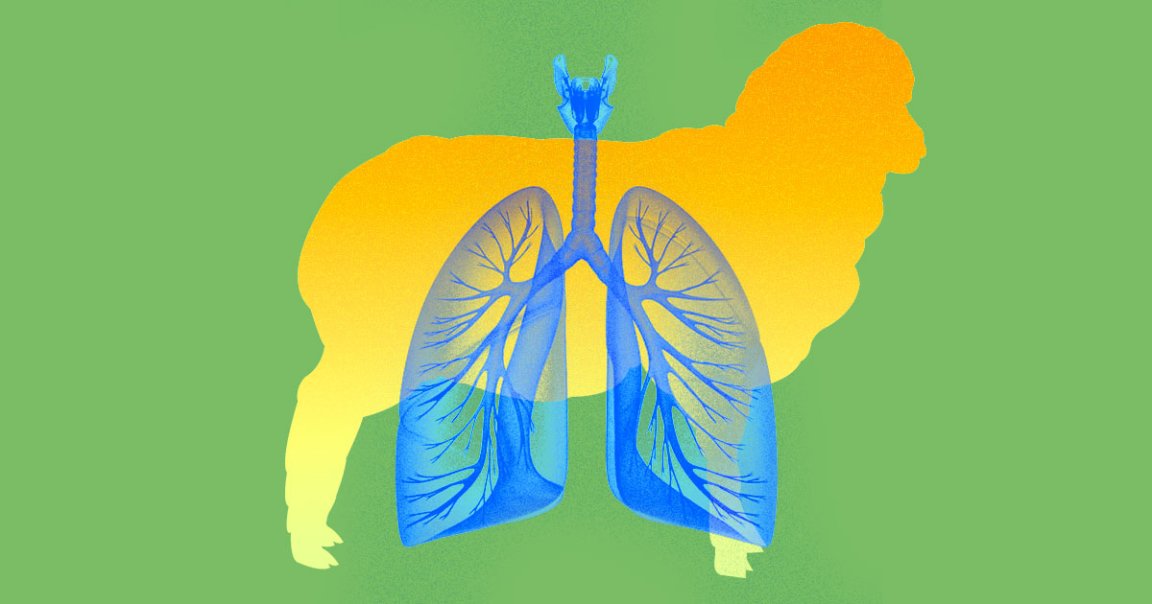
Human-Animal Embryos
A Japanese scientist from the University of Tokyo just got permission from the government to create animal embryos that contain human cells, Nature reports — work that could lead, eventually, to growing human organs in animal hosts for the purpose of transplantation.
The work is significant because of its perilous ethical territory, as well as its political background: in March, Japan’s education and science ministry made the controversial move to reverse a decision to ban the growth of animal embryos that contain human cells past 14 days or transplanting those embryos into surrogates.
Sheep Surrogates
Lead researcher Hiromitsu Nakauchi has already genetically modified rats and mice to not grow a pancreas. Next, his team will try to place human stem cells in fertilized eggs of those animals to enable them to grow a pancreas again.
The goal is to one day grow human organs inside pigs or sheep, responding to a shortage of organs available for transplantation.
Future Shock
But before you think such an experiment could have us end up with man-animal hybrids and cats with human celebrity faces, you should think again.
“The number of human cells grown in the bodies of sheep is extremely small, like one in thousands or one in tens of thousands,” Nakauchi told The Asahi Shimbun. “At that level, an animal with a human face will never be born.”
READ MORE: Japan approves first human-animal embryo experiments [Nature]
More on human-animal experiments: Chinese Scientist Defends Splicing Human Brain Gene Into Monkeys